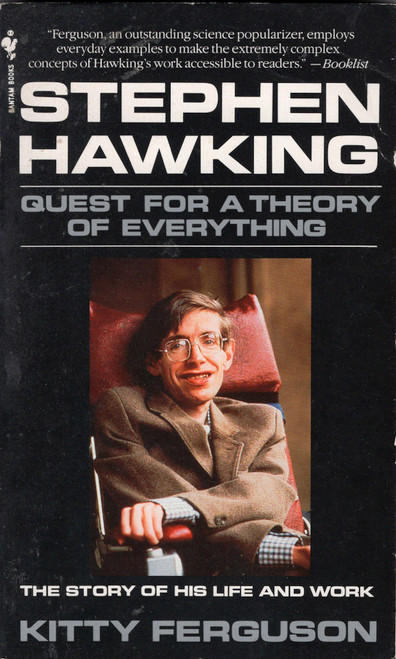Book Blurb
This book examines some of the deepest questions in philosophy: What is involved in judging a belief, action, or feeling to be rational? What place does morality have in the kind of life it makes most sense to lead? How are we to understand claims to objectivity in moral judgments and in judgments of rationality? When we find ourselves in fundamental disagreement with whole communities, how can we understand our disagreement and cope with it?
To shed light on such issues, Allan Gibbard develops what he calls a “norm-expressivistic analysis” of rationality. He refines this analysis by drawing on evolutionary theory and experimental psychology, as well as on more traditional moral and political philosophy. What emerges is an interpretation of human normative life, with its quandaries and disputes over what is rational and irrational, morally right and morally wrong. Judgments of what it makes sense to do, to think, and to feel, Gibbard argues, are central to shaping the way we live our lives.
Gibbard does not hesitate to take up a wide variety of possible difficulties for his analysis. This sensitivity to the true complexity of the subject matter gives his treatment a special richness and depth. The fundamental importance of the issues he addresses and the freshness and suggestiveness of the account he puts forward, along with his illuminating treatment of aspects of sociobiology theory, will ensure this book a warm reception from philosophers, social scientists, and others with a serious interest in the nature of human thought and action.
Editorial Reviews
“This is a wonderful book. It is hard to overpraise it. It is learned, wise, deep, and subtle, and for in my view it is substantially right. It is also a marvelously human and humane book, taking us into the heart of human emotion and feeling and exploring their shape with great sympathy and skill.” ―Simon Blackburn, Ethics
“Every so often, though not often enough, a philosophical book is written that addresses a deep problem with profound insight, subtle argumentation and captivating style. Allan Gibbard’s Wise Choices, Apt Feelings: A Theory of Normative Judgment is such a book. It is an important book; it is a beautiful book.”―Donald Hubin, Philosophical Quarterly
About the Author
Gilbert Harman is Professor of Philosophy at the University of Princeton. His publications include Thought (1973), The Nature of Morality (1977), and Change in View (1986).








